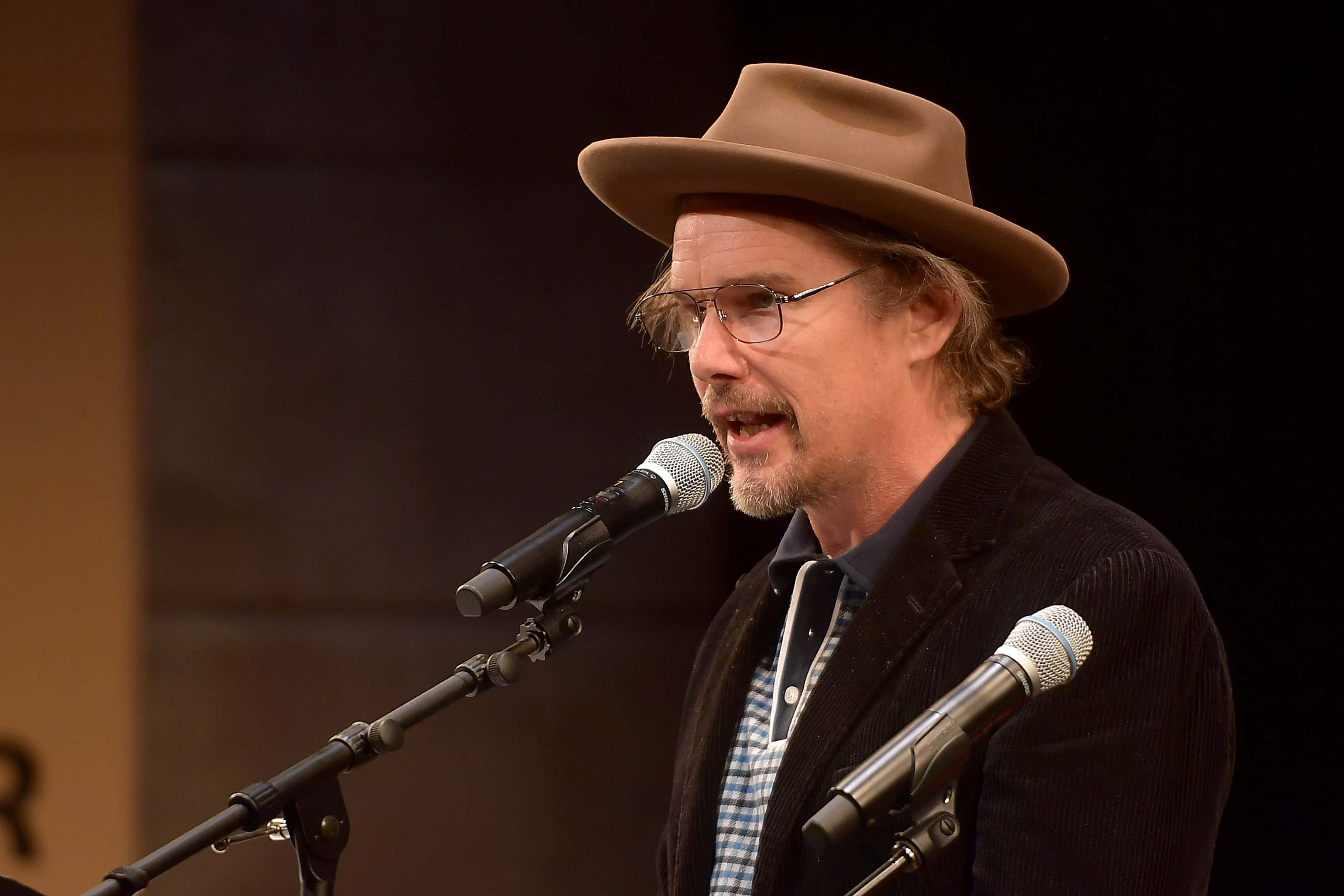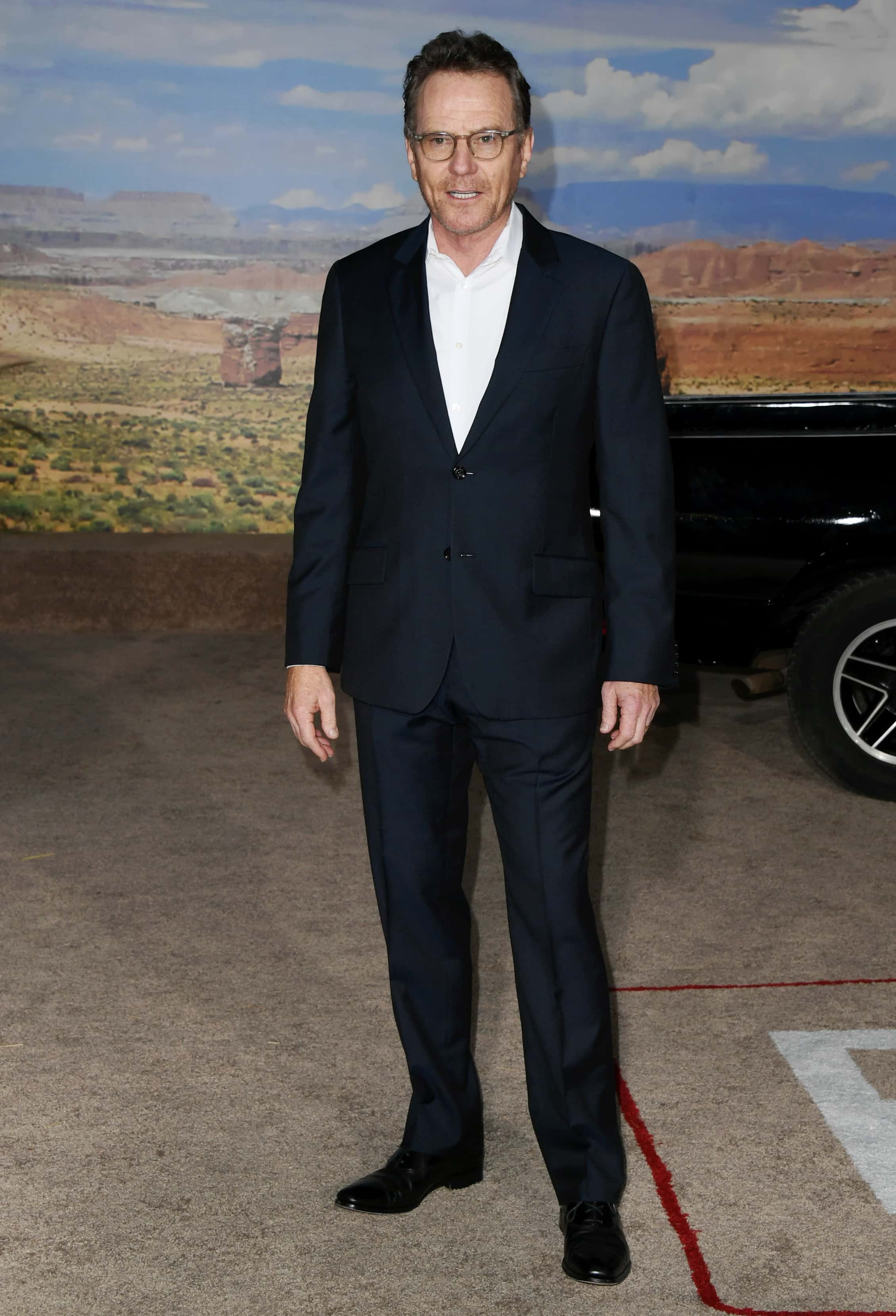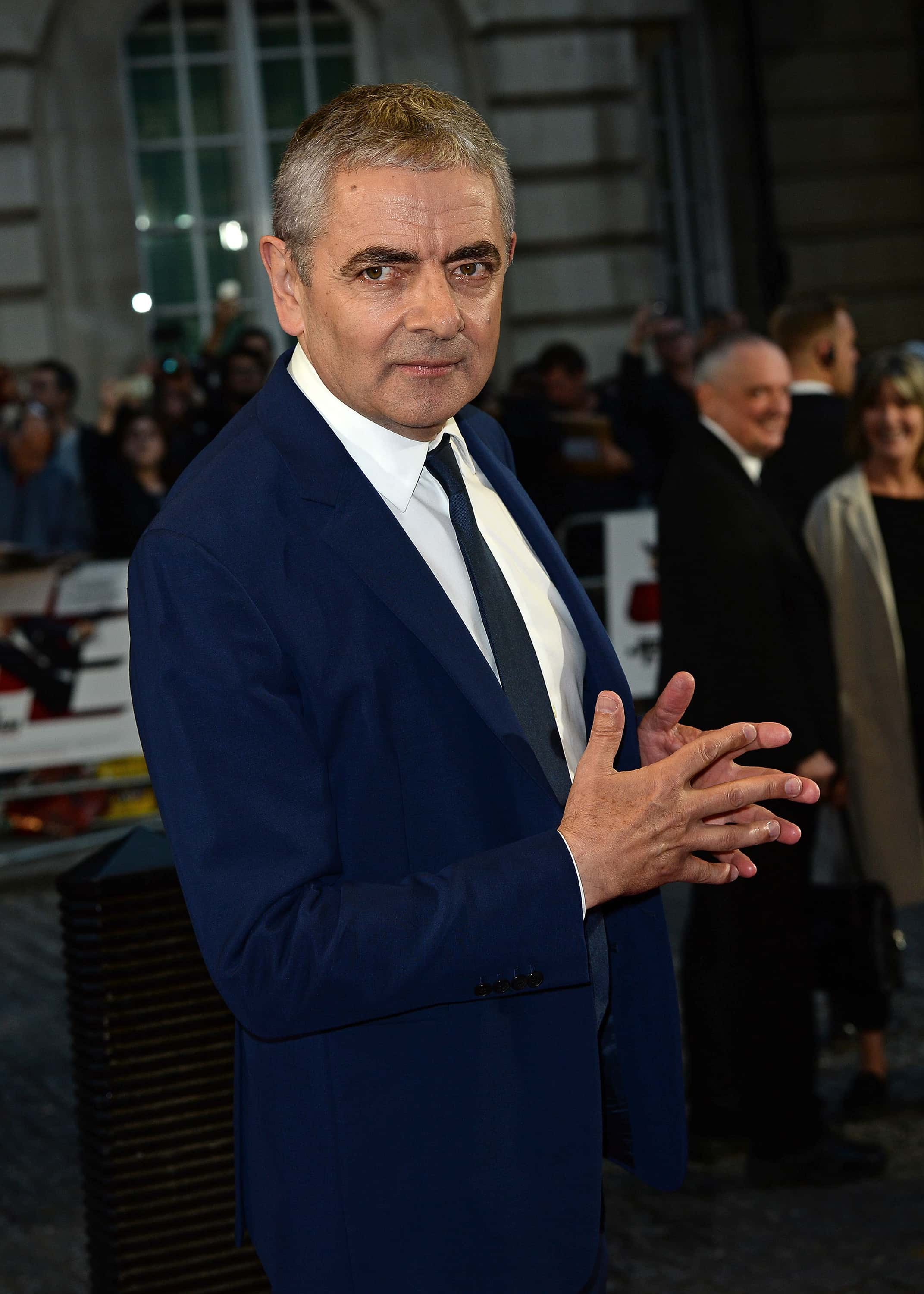Ethan Hawke says he's 'petrified' to write about male sexuality due to cancel culture: 'It’s a difficult time'

Ethan Hawke recently opened up about cancel culture and why it’s 'petrifying' these days to talk openly about male sexuality. The 50-year-old was promoting his novel -- ‘A Bright Ray of Darkness’ -- when he was asked by The Guardian, “It’s a book in which sex is described regularly and frankly. [The protagonist has a relationship with a much younger woman.] Did you find this difficult in the current environment?” In response to it, Hawke said, “Our sexual identity and the relationship we have through it, to ourselves and to others, is defining in our lives. And in the light of cancel culture and shaming – while a lot of this moment is very helpful – it’s a difficult time to say: ‘I want to be open about the idiosyncrasies of human sexuality.’
“What’s that great Mark Twain line? ‘The aim of art is to alleviate shame.’ We’re in this period now when you can’t even write about bad behavior because it might seem like you’re condoning it. You have to be able to create a character who does things they wish they didn’t do. I went back and forth on it, because it’s just a petrifying time to speak about male sexuality. If you can’t shine a light into dark corners, the demons that live there will never go away.”

The actor’s statement created a lot of sensation on the internet as several people took to Twitter to express their thoughts on it. One user said, “You are free to say whatever you want. You are not free of the consequences. Words & actions matter. Choose them wisely.” Another one commented, “Yep... in the same way not revising for exams can be blamed on "library not open culture"... just step up and do better Ethan Hawke... you're not struggling much.” “BREAKING NEWS: Ethan Hawke blacklisted from Hollywood,” the third user noted while the fourth added, “Cancel culture has always existed and it almost always a good thing because there is almost always a good reason. Also, don't confuse cancel culture with people not liking what you have to say.”
You are free to say whatever you want. You are not free if the consequences.
— DB Long (@db_long) January 31, 2021
Words & actions matter. Choose them wisely.
Yep... in the same way not revising for exams can be blamed on " library not open culture"...
— Paul de Souza 🇬🇧🇪🇺🏁 (@_Paul_de_Souza) January 31, 2021
just step up and do better Ethan Hawke... you're not struggling much.
BREAKING NEWS: Ethan Hawke blacklisted from Hollywood.
— 🇨🇦Canadian El Jefe🇨🇦 (@CanadianElJefe) January 31, 2021
Cancel culture has always existed and it almost always a good thing because there is almost always a good reason.
— Nitram Landers 🤘 (@NitramLand) January 31, 2021
Also, don't confuse cancel culture with people not liking what you have to say.
Earlier, ‘Breaking Bad’ actor Bryan Cranston also spoke against the cancel culture. He said, “We live in this ‘cancel culture’ of people erring and doing wrong — either on purpose or by accident — and there’s less forgiveness in our world. I think we’re unfortunately in a coarser environment. I think our societies have become harder and less understanding, less tolerant, less forgiving. Where does forgiveness live in our society? Where can we accept someone’s behavior if they are contrite, if they are apologetic and take responsibility? Isn’t it possible that forgiveness plays a part of that and they are welcomed back in, as opposed to creating more fences, creating more, ‘you’re out, you’re in, that’s it.’ You make one mistake, gone.”

He added, “I think we need to take a second look at that, exhale, and realize that asking forgiveness and receiving forgiveness are not weaknesses, but are human strengths.” Besides, Cranston, Mr Bean fame Rowan Atkinson, said in early January: “The problem we have online is that an algorithm decides what we want to see, which ends up creating a simplistic, binary view of society. It becomes a case of either you’re with us or against us. And if you’re against us, you deserve to be ‘canceled.’”
“It’s important that we’re exposed to a wide spectrum of opinion, but what we have now is the digital equivalent of the medieval mob roaming the streets looking for someone to burn. So it is scary for anyone who’s a victim of that mob and it fills me with fear about the future,” Atkinson told the UK Radio Times.











